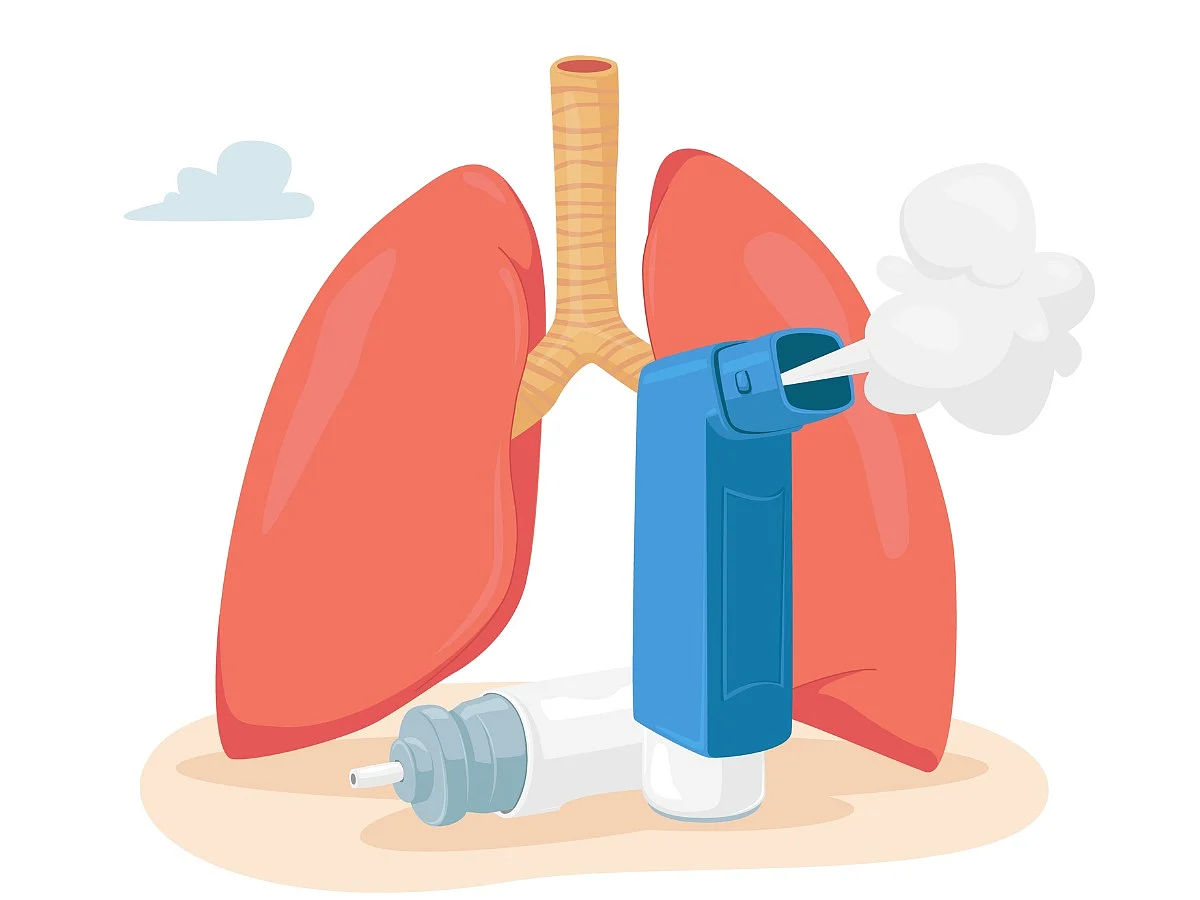World Asthma Day 2024: 8 Signs and Symptoms Of Asthma
Check the ten warning signs and symptoms of asthma in detail below.

advertisement
Asthma is a disease which is usually characterized by chronic airway inflammation. It is defined by symptoms such as wheezing, shortness of breath, chest tightness, and cough. These symptoms vary overtime. They could be there in the morning hours, may not be there in the evening, or they may vary with the seasons also so this is what is characteristic about asthma, the variability in symptoms and initially it could be variable and then subsequently over a period of time they may just become persistent, especially if not treated properly.
The common risk factors for developing asthma are exposure to cigarette smoke, environmental pollution, whether there is indoors or outdoors, and then, of course the certain people also get an occupational exposure, especially those who are working with dust and chemicals.
The common allergies that the people may have that could precipitate an asthma are exposure to pets with fur, pollens in the air, bed bugs in the house, dust mites, dampness. They're all common allergies that people may acquire, and then there are certain triggers that precipitate an asthmatic episode, which could include anything from a weather change like from summers to winters during the autumn break you see. Let's have a look at the signs and symptoms of asthma.
Symptoms Of Asthma Disease
According to Dr Vivek Nangia, Principal Director and Head, Pulmonology, Max Super Speciality Hospital, Saket, these are common signs and symptoms of Asthma disease:
Shortness of breath
Chest tightness or pain
Wheezing while exhaling
Trouble in sleeping
Coughing or wheezing attacks
Exercise-induced asthma may worsen when the air is cold and dry
Occupational asthma is triggered by irritants such as chemical fumes, gases or dust at workplace
Allergy-induced asthma is triggered by airborne substances, such as pollen, mold spores, cockroach waste, or other particles in the air
(At The Quint, we question everything. Play an active role in shaping our journalism by becoming a member today.)